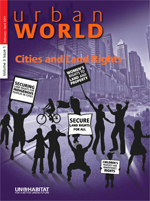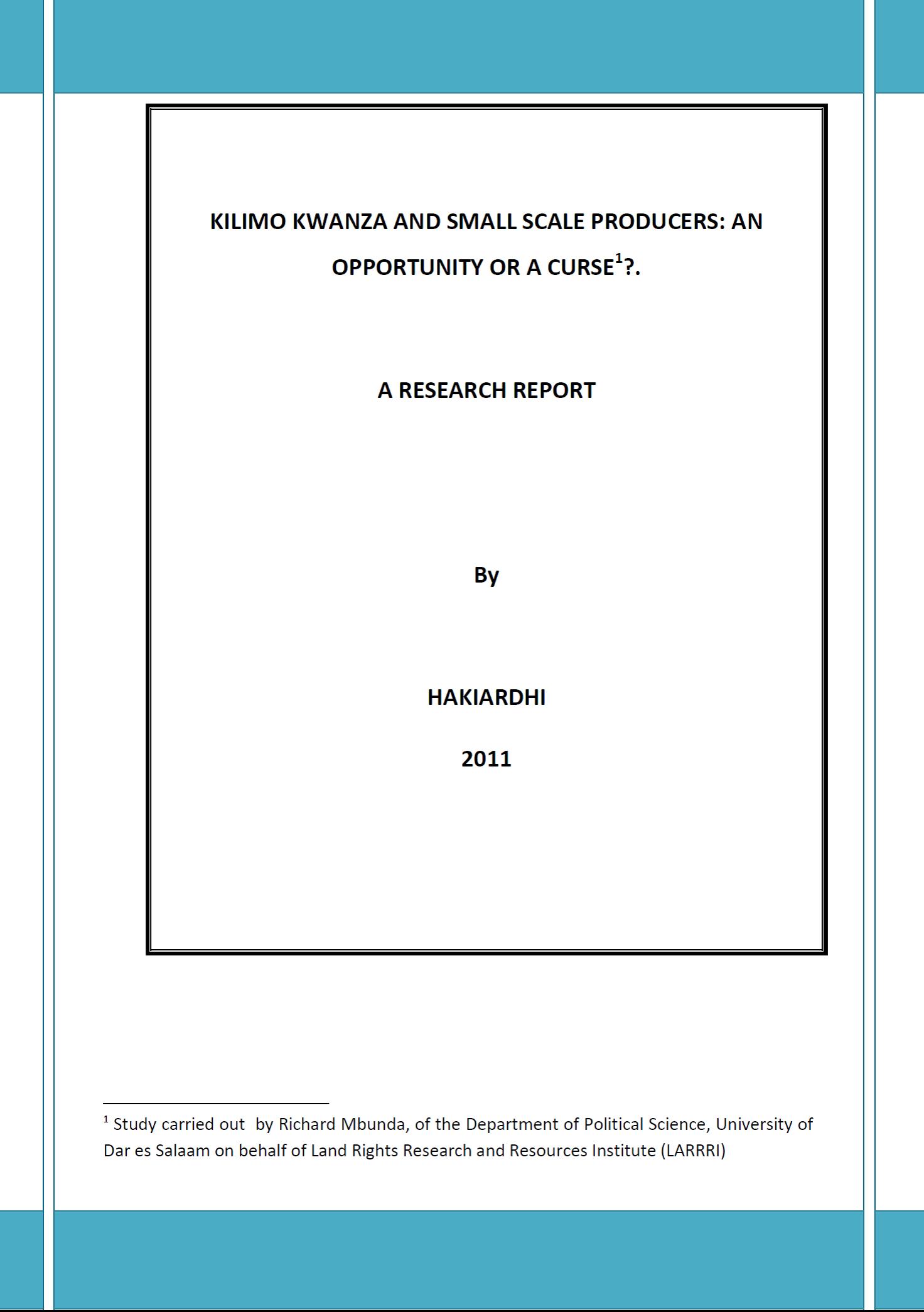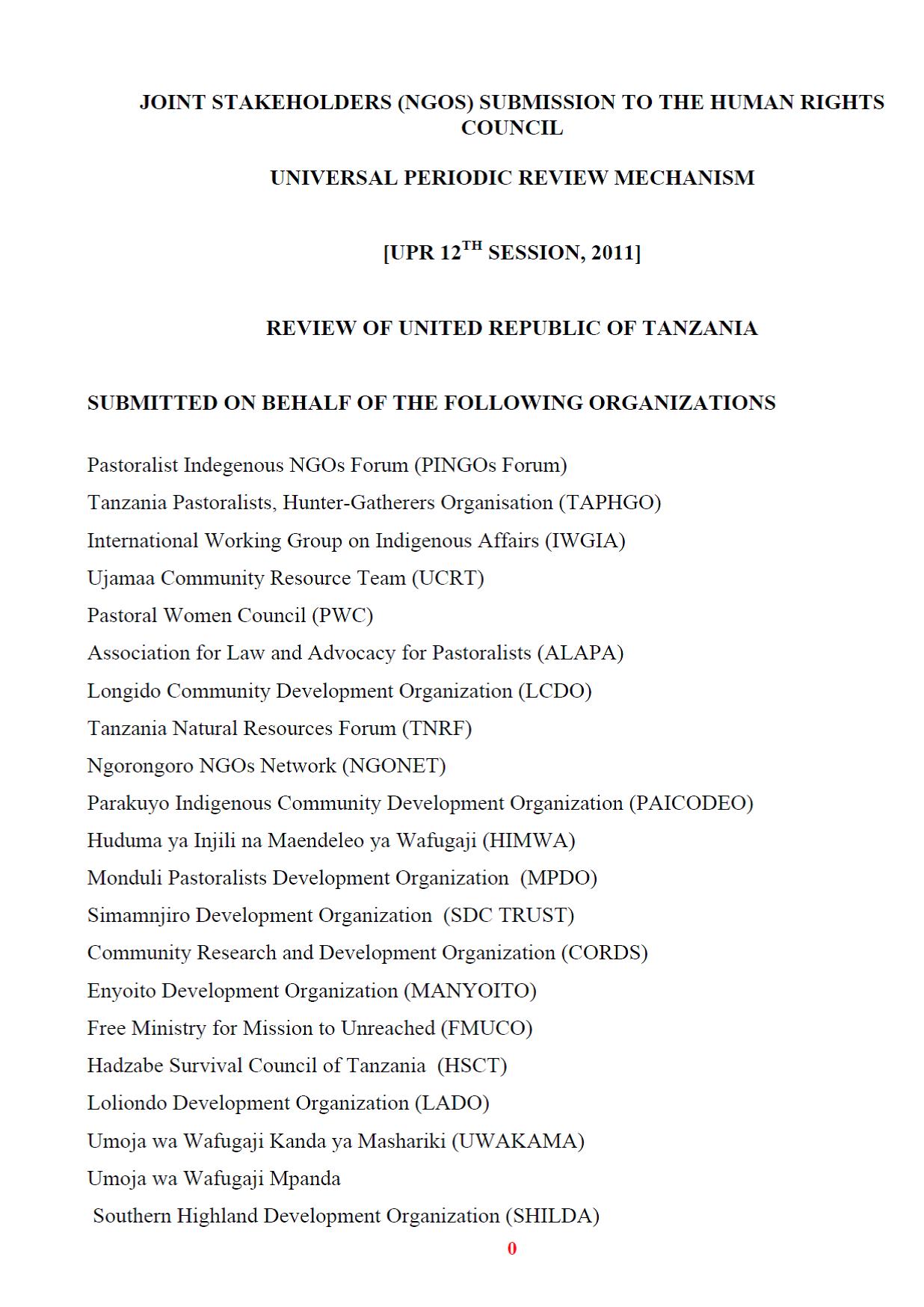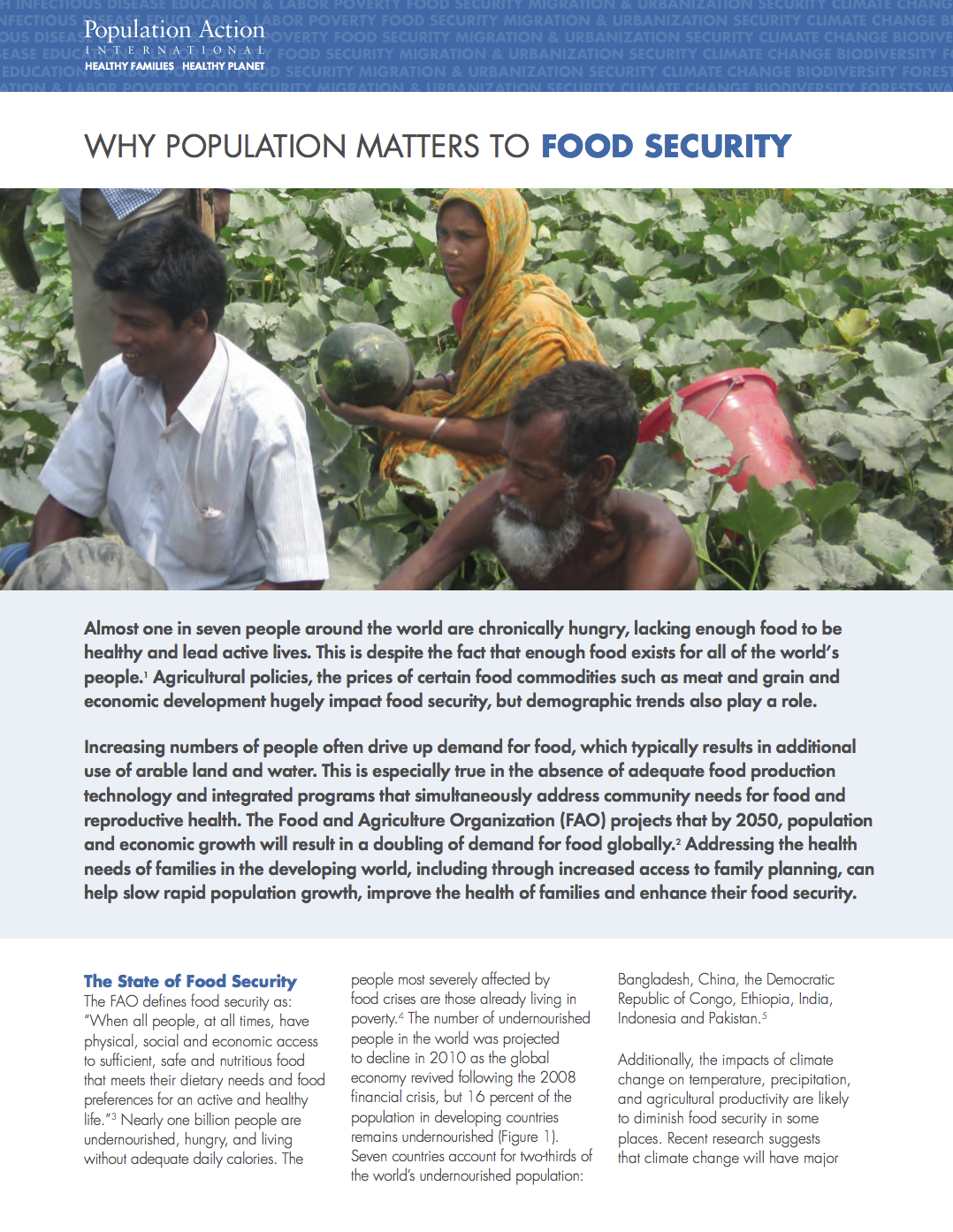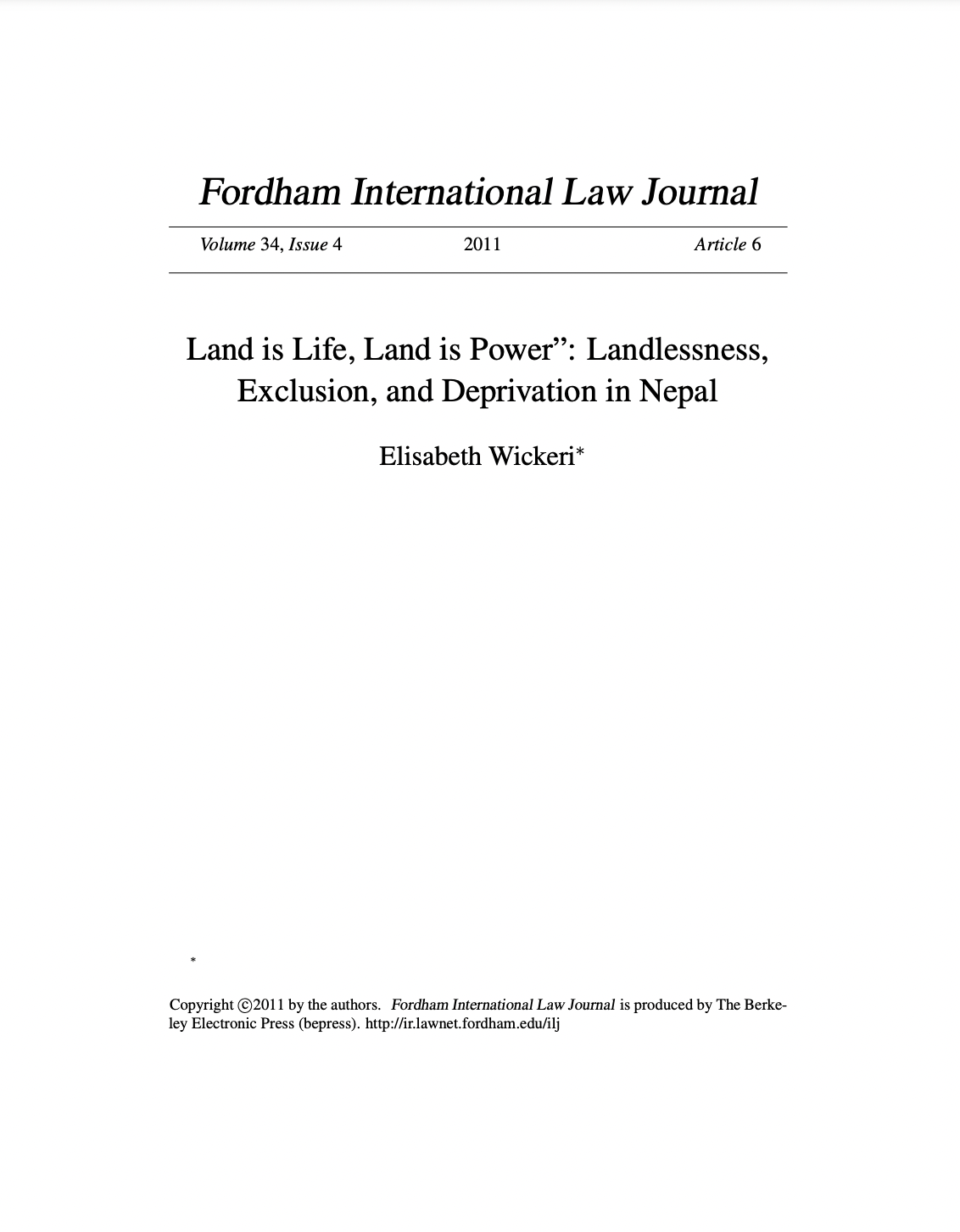Humanitarian Situation and Response Plan in Kachin - 13 December 2011
CURRENT SITUATION: "Instability in Kachin and Shan States restarted in early June 2011 and resulted in the displacement of populations, loss of lives and livelihoods and dam-ages to infrastructure. Following a Government invi-tation, an inter-agency rapid needs assessment was conducted from 20-26 September in 39 locations in some IDPs sites (camps, host families, public build-ings) of five townships (Bhamo, Momauk, Myitky-ina, Khaunglanhpu and Waingmaw) targeting 5,925 IDPs. Two townships Mansi and Shwegu could not be assessed due to security concerns.


